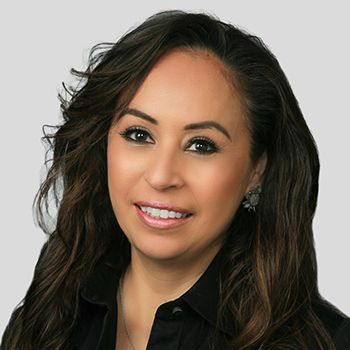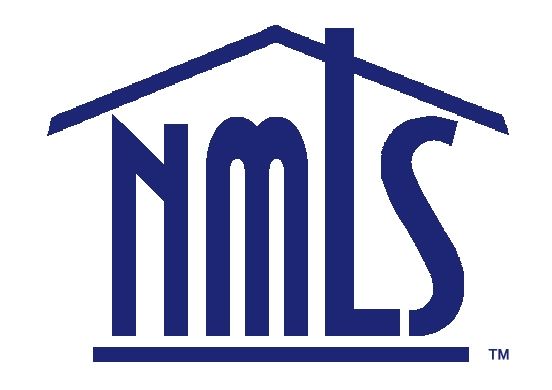Frequently Asked Questions (FAQs) About Reverse Mortgages
It’s completely normal to have questions when you first start learning about reverse mortgages—there’s a lot to consider! While I’m always just a phone call away, here are some of the most common questions I hear from clients.
Q: Will I still own my home with a reverse mortgage?
A: Yes! You remain the legal owner of your home—just as you would with a traditional mortgage. As long as you keep up with property taxes, homeowners insurance, and regular maintenance, you can live in your home for as long as you wish.
Q: How will I receive the money?
A: You have flexible options:
- A lump sum for one-time needs
- Monthly payments for steady income
- A line of credit that grows over time
- Or a combination of these - You get to choose the option that best fits your lifestyle and financial goals.
Q: What happens if I move or sell my home?
A: The loan becomes due when you sell, move out permanently, or pass away. If you move, you (or your heirs) simply sell the home, pay off the loan balance, and keep any remaining equity.
Q: Will my children or heirs be responsible for paying off the loan?
A: No. Reverse mortgages are
non-recourse loans, which means you or your heirs will never owe more than the home’s value. If your heirs want to keep the home, they can pay off the loan at 95% of its appraised value or refinance it.
Q: Can I get a reverse mortgage if I still have a regular mortgage?
A: Yes! Many homeowners use a reverse mortgage to pay off their current mortgage, eliminating monthly payments and freeing up more cash for retirement.
Q: What if my home value drops?
A: You or your heirs will never have to pay more than what the home is worth at the time of sale. HECM reverse mortgages are insured by the FHA, so the government covers any shortfall.
Q: Can I use the money for anything I want?
A: Absolutely! Whether it’s for everyday living expenses, medical bills, home renovations, travel, or even a once-in-a-lifetime splurge, the choice is yours.
💬
Have more questions or want to see what’s possible for you?
Let’s talk! Click below to get started.
Common Reverse Mortgage
Myths and Truths
💭
Myth: The bank takes ownership of my home with a reverse mortgage.
✅
Truth: You stay the legal owner—just like with any other mortgage. A reverse mortgage simply lets you access some of your home’s equity while continuing to live in and own your home.
💭
Myth: I could lose my home with a reverse mortgage.
✅
Truth: As long as you pay your property taxes, homeowners insurance, and keep the home in good condition, you can stay there for life.
💭
Myth: Reverse mortgages are only for people in financial trouble.
✅
Truth: Many financially secure retirees use reverse mortgages as a smart way to boost cash flow, preserve investments, or create a safety net.
💭
Myth: My children won’t inherit my home.
✅
Truth: Your heirs will still inherit your home. They can choose to sell it, refinance the loan, or pay off the balance to keep it—any remaining equity goes to them.
💭
Myth: Reverse mortgages are a last resort.
✅
Truth: They’re a valuable tool for many seniors, allowing more financial flexibility, preserving savings, and improving quality of life—often as part of a well-planned retirement strategy.
💭
Myth: If my spouse isn’t on the loan, they’ll have to move out when I pass away.
✅
Truth: Eligible non-borrowing spouses can remain in the home after your passing, provided they meet the ongoing loan requirements.
💭
Myth: Reverse mortgages are too expensive.
✅
Truth: Like any mortgage, there are costs, but they’re typically rolled into the loan—no out-of-pocket closing costs. Many borrowers find the benefits far outweigh the fees.
💭
Myth: I won’t qualify without high income or a great credit score.
✅
Truth: Reverse mortgages have different requirements than traditional loans. If you meet the basic qualifications and can cover property taxes, insurance, and maintenance, you may qualify.
A reverse mortgage isn’t the right fit for everyone—but for many seniors, it’s a safe, flexible, and empowering way to enjoy retirement with more peace of mind.



